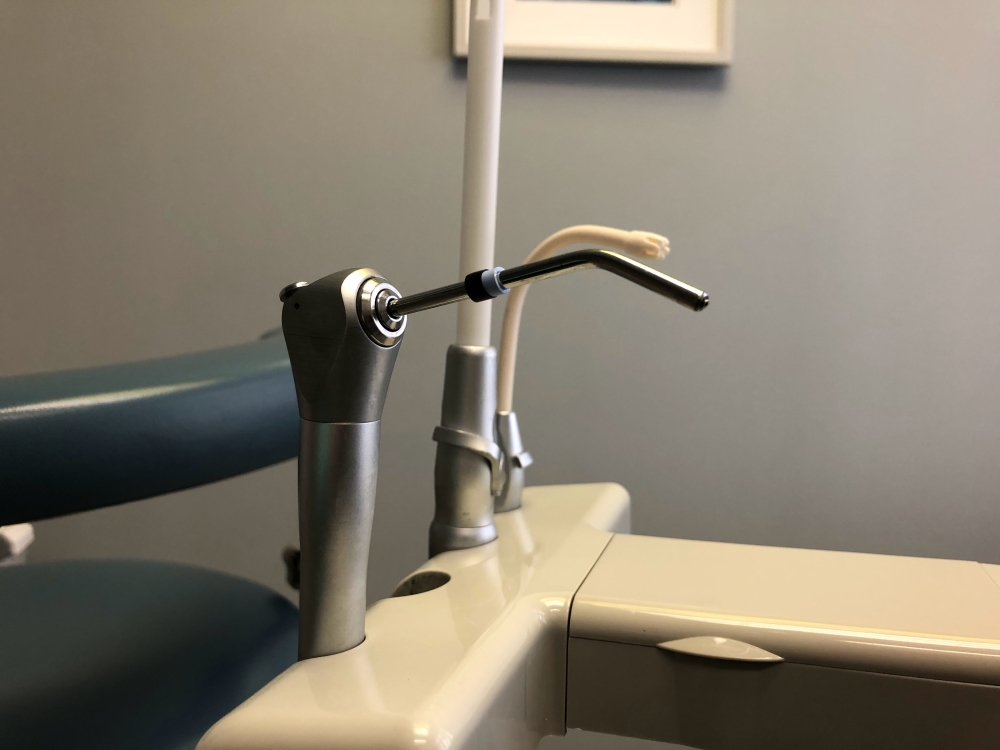
How to Select an Endodontist
July 7, 2021
Do Root Canals Hurt?
August 7, 2021
How to Select an Endodontist
July 7, 2021
Do Root Canals Hurt?
August 7, 2021If you have dental insurance, your first thought may be to find a provider covered for all procedures. However, you should think about more than basic coverage. Many other factors go into finding the best provider, especially if you need an endodontic consultation and treatment. Don’t choose a provider at random. At Innovative Endodontics, we’ve created a guide to help you to select a quality provider for your endodontic care.
Dental Insurance Terms You Should Know
Dental insurance has many confusing terms. You need to know how the policy works before starting to ask the right questions to find an endodontist. Understand the following terms to have a better grasp of what your policy covers:
- Co-pay: The amount that you pay for each visit to a provider.
- Co-insurance: A set percentage of the cost of procedures you pay.
- Deductible: The amount that you must pay out of pocket before the insurance company pays for procedures
- Referral: A written reference from your main dentist to a specialist indicates that they request that you get care from a specialist, such as an endodontist.
Always review your dental insurance policy before finding a provider for your endodontic consultation.
Dental Insurance and Finding an Endodontic Provider
For those who have dental insurance, you don’t simply want to find a provider for your procedure whom your plan covers. Look specifically for endodontic providers that will provide you with the best possible treatment.
If your insurance does cover endodontic treatment, you may research providers that are ‘’in network’’ with your dental benefits plan. However, a lot of patients do not realize that they can receive services from a dentist that is ‘’not in network’’ and still receive reimbursement for their services. Although insurance participation may be an important factor in selecting an endodontist, it may be an important factor in selecting an endodontist, it may be even more important to research the provider’s qualifications, education and reputation.
How to Select the Best Endodontic Provider
When selecting an endodontist, you have to ask multiple questions about the provider and the practice.
First, look at the record and testimonials of previous patients from the practice. Do they have good things to say about the endodontist? If you see mostly positive reviews from actual patients from various review sites, you have a greater chance of having a good experience.
Next, find out about the type of education and experience the endodontist has. How long have they been in practice? What type of education do they have? To become an endodontist, an individual must first go to college then to dental school to earn their dental degree. Following these levels of education, they must then complete a competitive endodontic residency program to earn their specialist certification. Some will practice dentistry for a while after earning this degree, while others progress to an endodontist residency to earn their specialist degree. Endodontists have more knowledge, skills, and training in preventing pain and infections compared to general dentistsroo. Plus, they can work on the very smallest parts of the tooth using surgical microscopes and fine tools.
Third, ask about the types of services the provider offers. What type of endodontic care did your dentist recommend? Will the endodontist offer that? However, even if your dentist suggests a type of procedure, you should still have an endodontic consultation to get a more accurate diagnosis and have the expert choose the best treatment option. For example, a dentist may not have 3D imaging to see inside the tooth from all sides and may not have the information needed to choose the best treatment.
Once you’ve selected a provider, you should still talk to your dental insurance company to learn more about coverage for the procedures that the endodontist recommends for you.
Will Dental Insurance Cover an Endodontic Consultation?
Even if your dental plan covers a specific endodontist, you may still want to contact your insurer about specific procedures they cover.
Also, don’t forget to discuss coverage specifics and how much you will need to pay on the day of your procedure. For instance, ask about the co-pays or coinsurance you may have to pay for an endodontist consultation. Also, find out if you have to meet a deductible before coverage starts.
Why You Should Get a Referral to an Endodontist for Endodontic Procedures
While dentists provide services such as exams, cleanings, and fillings, you should see a specialist to care for your teeth’ delicate and intricate interiors. Endodontists receive training in pain management as part of earning their specialist degrees.
Some people may even have their general dentist request to perform root canal therapy. Yes, a general dentist can perform this procedure. However, they don’t do these treatments nearly as frequently as endodontists. Additionally, they don’t get the education in pain management that endodontists get. Consequently, you are much less likely to experience discomfort with a professional endodontist providing your care. Therefore, you should find an endodontist when your dentist recommends an endodontic procedure, including root canal therapy.
Contact Us at Innovative Endodontics to Schedule a Consultation
We work closely with local dentists to make the referral process simple through an online portal. This portal is one example of how we use technology to improve our services. Contact us at Innovative Endodontics to schedule your endodontic consultation, we proudly serve patients in Summerville, SC, and the surrounding areas. Let us help change your mind about the reputation of root canals and other forms of endodontic treatment.




